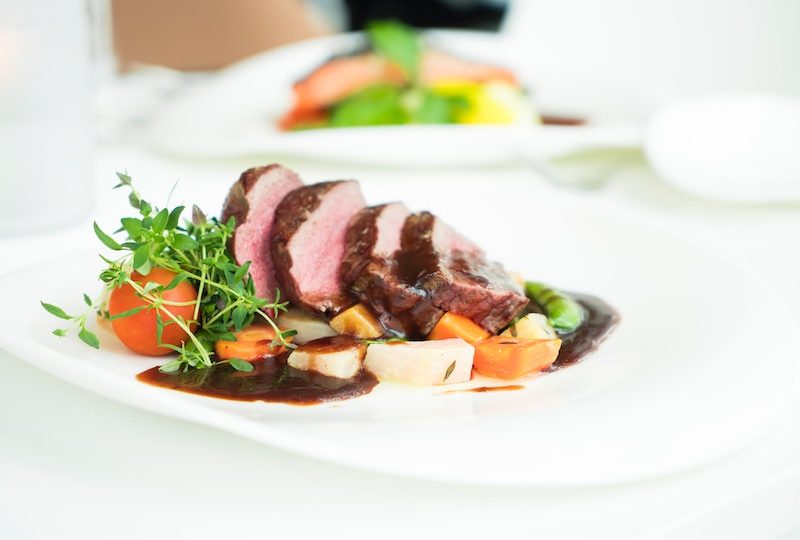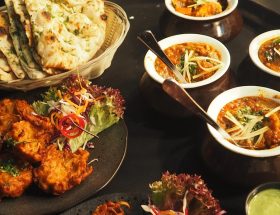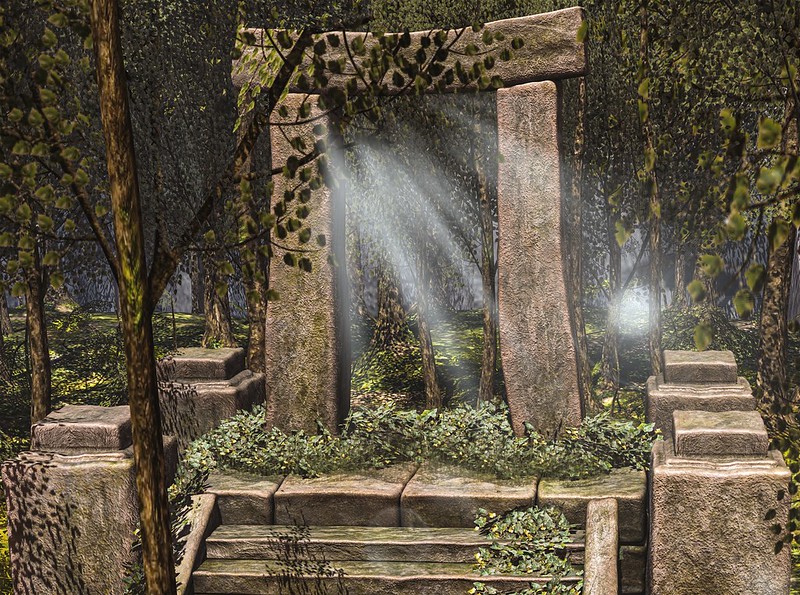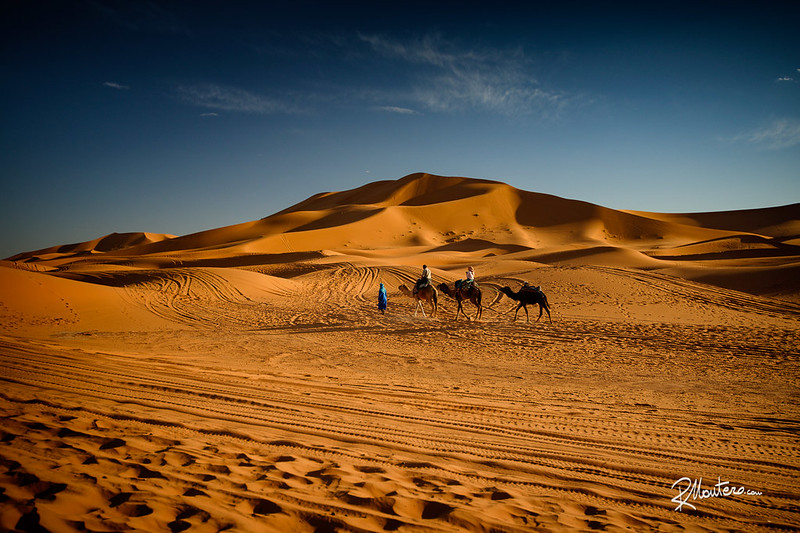This article delves into the diverse and flavorful world of New Zealand cuisine, exploring the unique cultural influences and ingredients that have shaped the country’s food landscape. From traditional Maori dishes to modern twists on classic Kiwi favorites, readers will discover the rich culinary heritage of New Zealand and gain a newfound appreciation for the country’s vibrant food culture.
 New Zealand is a country known for its stunning natural beauty, adventure sports, and friendly locals. However, what many people don’t know is that New Zealand also boasts a rich and diverse culinary scene. Kiwi cuisine is influenced by a range of cultural traditions, resulting in a unique and vibrant food landscape that is well worth exploring. In this article, we will take a deep dive into the world of New Zealand cuisine, exploring its rich history, regional specialties, modern trends, wine pairings, and where to experience Kiwi cuisine for yourself.
New Zealand is a country known for its stunning natural beauty, adventure sports, and friendly locals. However, what many people don’t know is that New Zealand also boasts a rich and diverse culinary scene. Kiwi cuisine is influenced by a range of cultural traditions, resulting in a unique and vibrant food landscape that is well worth exploring. In this article, we will take a deep dive into the world of New Zealand cuisine, exploring its rich history, regional specialties, modern trends, wine pairings, and where to experience Kiwi cuisine for yourself.
The History of New Zealand Cuisine
To understand Kiwi cuisine, we must first look at its history. The indigenous Maori people have a rich culinary tradition that dates back centuries, and many of their traditional dishes are still enjoyed in New Zealand today. The introduction of European ingredients and cooking techniques also played a significant role in shaping New Zealand’s cuisine. Today, Kiwi cuisine is a blend of traditional Maori dishes, European-inspired cuisine, and modern culinary trends.
The Influence of Maori Culture on Kiwi Cuisine
Maori cuisine is based on traditional cooking techniques, which involve the use of fire and steam to cook food. One of the most famous Maori dishes is the Hangi, which involves cooking meat and vegetables in an earth oven. The meat is usually seasoned with herbs and spices before being wrapped in leaves and placed in a pit dug in the ground. Hot stones are placed on top of the food, and it is left to cook for several hours, resulting in a delicious smoky flavor.
Another popular Maori dish is Rewena bread, which is made using a starter culture known as “rewena.” The bread has a unique flavor and texture and is often served with butter or jam.
The Introduction of European Ingredients and Cooking Techniques
In the 19th century, European settlers brought with them a range of ingredients and cooking techniques that greatly influenced Kiwi cuisine. Beef, lamb, and pork became staple meats, and vegetables such as potatoes, carrots, and onions were introduced. Baking became popular, and dishes such as pies and roasts became Kiwi favorites.
Modern Trends in New Zealand Cuisine
Today, Kiwi cuisine is a fusion of traditional Maori dishes, European-inspired cuisine, and modern culinary trends. The farm-to-table movement has gained popularity in New Zealand, with many restaurants using locally sourced ingredients to create innovative dishes. The rise of fusion cuisine has also led to the creation of dishes that combine elements of different culinary traditions. For example, the popular “Pacific Rim” cuisine combines Asian and Polynesian flavors with European cooking techniques.
Regional Specialties and Ingredients
New Zealand’s cuisine is as diverse as its landscape, and each region has its own unique specialties and ingredients.
North Island Specialties
The North Island is known for its seafood dishes, which include fresh fish, oysters, and crayfish. One of the most famous North Island dishes is the Hangi, which is a traditional Maori feast that involves cooking meat and vegetables in an earth oven. The dish is often served with kumara (sweet potato) and other seasonal vegetables.
South Island Specialties
The South Island is famous for its venison and lamb dishes, which are often slow-cooked to perfection. The region is also home to the South Island cheese trail, which showcases the best of New Zealand’s artisanal cheeses. Popular varieties include brie, camembert, and blue cheese.
Unique Ingredients Found in New Zealand
New Zealand is also home to some unique ingredients that are not found elsewhere in the world. One such ingredient is manuka honey, which is made by bees that feed on the nectar of the manuka bush. Manuka honey is known for its antibacterial properties and is often used for medicinal purposes. Another unique ingredient is kiwifruit, which is a popular fruit that is high in vitamin C and fiber. Kiwifruit is often used in desserts, smoothies, and salads.
Modern Kiwi Cuisine
Modern Kiwi cuisine is characterized by its innovative use of local ingredients and its fusion of different culinary traditions.
The Rise of Fusion Cuisine
The fusion of different culinary traditions is a defining characteristic of modern Kiwi cuisine. Chefs in New Zealand are known for their creativity and willingness to experiment with new flavors and techniques. One example of fusion cuisine is the popular Pacific Rim cuisine, which combines Asian and Polynesian flavors with European cooking techniques.
Influential Kiwi Chefs
New Zealand is home to many influential chefs who have helped shape Kiwi cuisine. Peter Gordon, for example, is a well-known Kiwi chef who has been instrumental in promoting Pacific Rim cuisine. Al Brown is another famous Kiwi chef who is known for his innovative use of local ingredients.
Farm-to-Table Dining in New Zealand
The farm-to-table movement has gained popularity in New Zealand in recent years, with many restaurants using locally sourced ingredients to create innovative dishes. This trend has led to the creation of dishes that are not only delicious but also environmentally sustainable.
Food and Wine Pairings
New Zealand is known for its world-class wines, and there are many classic Kiwi wine varietals that pair perfectly with Kiwi cuisine.
New Zealand Wine Regions
New Zealand has several wine regions, each with its own unique terroir. The most famous of these is Marlborough, which is known for its Sauvignon Blanc. Other popular wine regions include Central Otago, Hawke’s Bay, and Wairarapa.
Classic Kiwi Wine Varietals
Some of the classic Kiwi wine varietals include Sauvignon Blanc, Pinot Noir, Chardonnay, and Riesling. These wines pair perfectly with Kiwi cuisine, particularly seafood dishes and slow-cooked meats.
Pairing Suggestions for Kiwi Dishes
When it comes to pairing wine with Kiwi cuisine, there are several suggestions to keep in mind. For seafood dishes, a crisp Sauvignon Blanc or Chardonnay is a great choice. For slow-cooked meats, a full-bodied Pinot Noir or Syrah is a perfect match.
Where to Experience Kiwi Cuisine
If you’re interested in experiencing Kiwi cuisine for yourself, there are plenty of options available.
Popular Restaurants and Cafes in New Zealand
New Zealand is home to many excellent restaurants and cafes that showcase the best of Kiwi cuisine. Some popular choices include Depot Eatery and Oyster Bar in Auckland, Logan Brown in Wellington, and Fleur’s Place in Moeraki.
Food Festivals and Events in New Zealand
There are also many food festivals and events in New Zealand that celebrate the country’s culinary heritage. Some popular events include the Hokitika Wildfoods Festival, the Marlborough Wine and Food Festival, and the Wellington on a Plate Festival.
Cooking Classes and Culinary Tours
If you’re interested in learning more about Kiwi cuisine, there are cooking classes and culinary tours available that offer a hands-on experience.
Conclusion
New Zealand’s unique landscape and cultural heritage have contributed to the development of a rich and diverse culinary tradition. From traditional Maori cuisine to modern fusion dishes, Kiwi cuisine offers something for everyone. With its emphasis on fresh, local ingredients and innovative cooking techniques, Kiwi cuisine has gained worldwide recognition as a top culinary destination. Whether you’re a foodie or a wine lover, New Zealand’s vibrant food scene is sure to impress. So next time you’re in New Zealand, be sure to try some of the delicious local dishes and pair them with a glass of world-class Kiwi wine.









